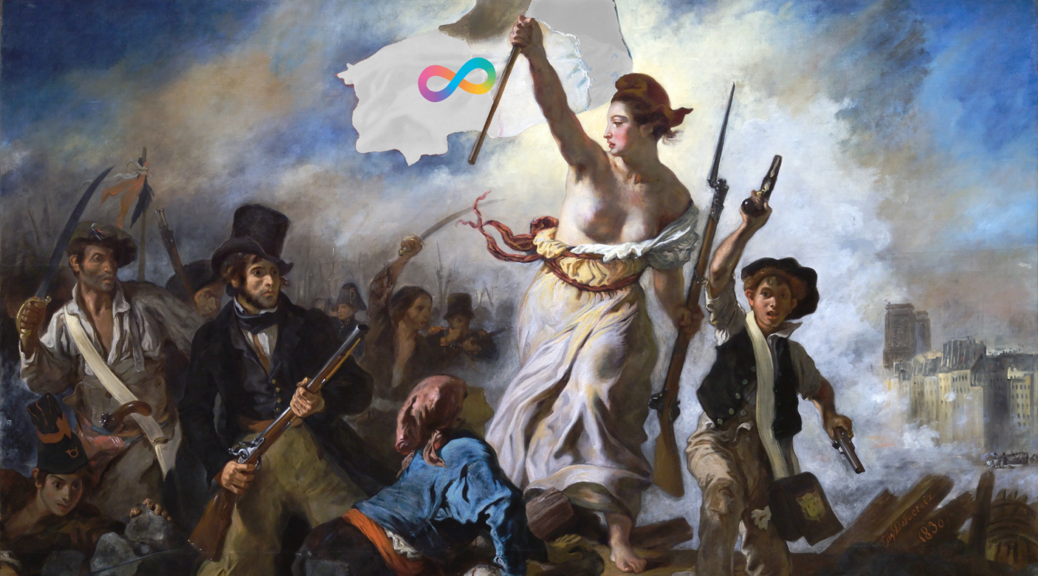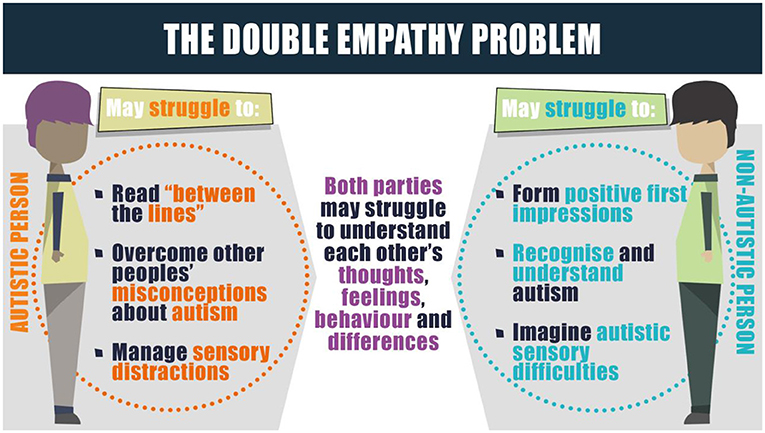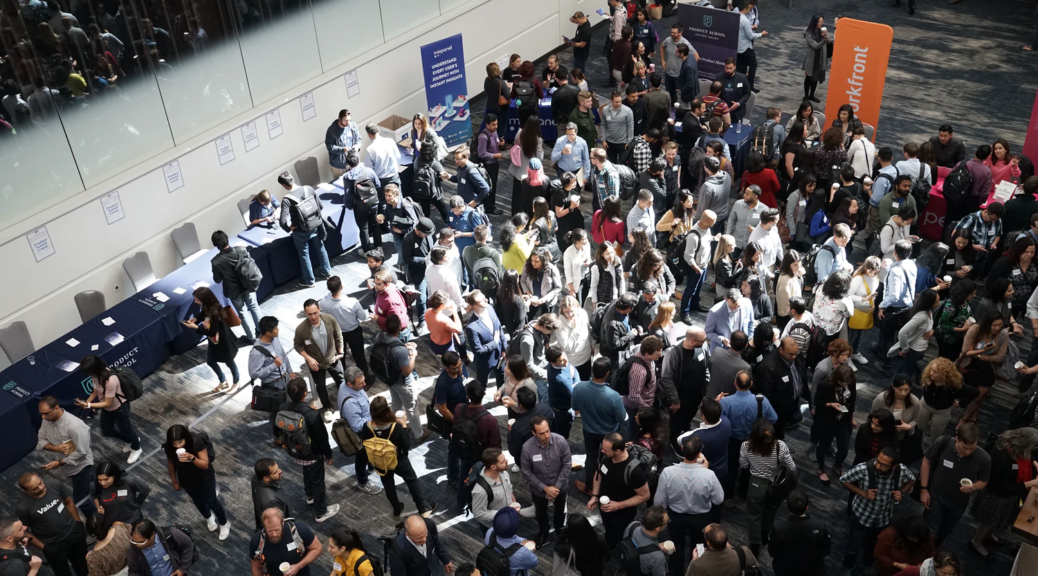Neurodiversity, economic systems, and societal reform
Robert Chapman’s new book Empire of Normality has sparked fascinating and important discussions about the meaning of neurodiversity and its relationship to liberal capitalism. Chapman’s basic argument – in the book and these discussions – is that the current economic system in the West is unlikely to be fully inclusive for neurodivergent people. Fundamentally, I can’t disagree with Chapman here, but I think there’s still a lot of tweaking we can do to improve the system, and I am concerned…









